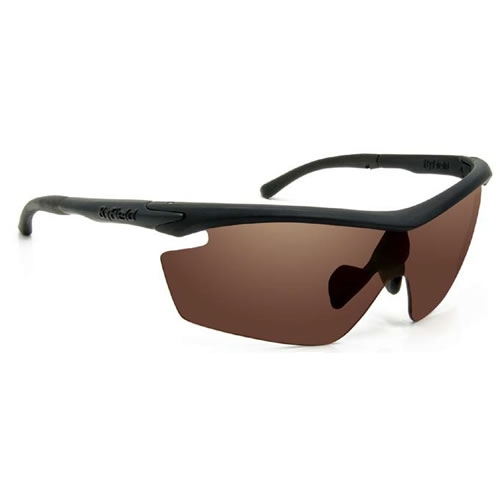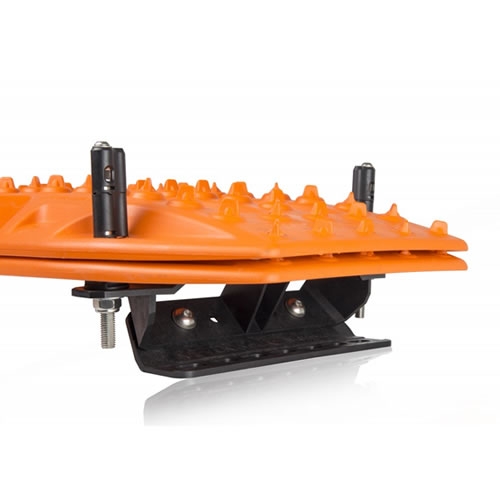Coasting Down Hills - Off Road
So your off-road wanderings have taken you into hilly country. That’s not a problem because you’re in a big, powerful, well-equipped 4wd. You’ve got the grip and grunt to haul you up steep slopes through sand or mud, or pick your way through the rocks all the way to the top. It can be an amazing feeling when you reach that crest and the land opens out in front of you. You can see the next place you’ll be exploring, or jump out and look back at how far you’ve come and the slope you juts climbed. Take a break, enjoy the view then get back behind the wheel. Then ease forward past the crest, push the clutch to the floor and just coast to the bottom.
Actually no, don’t do that. Coasting down a hill, either with the clutch down or in neutral, is one of the worst things you can do. It’s unsafe and can even cause a serious mechanical failure – right up to a disintegrated clutch disk. It might seem like fun – and it is, unless something goes wrong – but this is one thing you should absolutely not do. There’s a right way to descend a hill and you should use it every time.
So what’s wrong with coasting? Firstly, by taking the engine out of play you’re giving up a lot of control over the vehicle. If you’re coasting you need to control your speed with the brakes. That can work fine – if the surface is good. Trouble is, you’re out in the bush so it probably isn’t. ABS can easily let you down trying to descend a rough slope, and if it’s deactivated (or not fitted) you run the risk of your wheels locking and leaving you sledging down out of control. There’s a lot of energy involved when a big, heavy wagon starts rolling downhill. It’s much better to change to a low gear, let the clutch out and feed that energy back through the engine. That will keep your speed under control without even touching the brakes, and leave you with much better steering response too.
Now for the real bad news. Even if you manage to keep control all the way down, coasting can wreck your transmission and leave you stranded in the bush with a terminally busted clutch. This is a bigger risk if you’ve fitted lower than stock gears, but even your factory clutch could be in danger. The issue is the speed things can reach inside your transmission as gravity brings you down. Coasting also gets called free-wheeling, but that’s a really bad name for it. Your wheels aren’t turning freely; they’re still hitched to the transmission, and as you accelerate down things are spinning in there. Pick up enough speed – and it doesn’t need to be a lot; 30kmh can do it – and your clutch disk can exceed its rated RPM. Once that happens there’s a risk of it just shattering – and once you reach the bottom you’ll be staying there until you either get a tow or rebuild the clutch.
It’s often tempting to coast downhill, but this is one temptation you really need to resist. You’ll get much further, in much more safety, if you do it the proper way.







